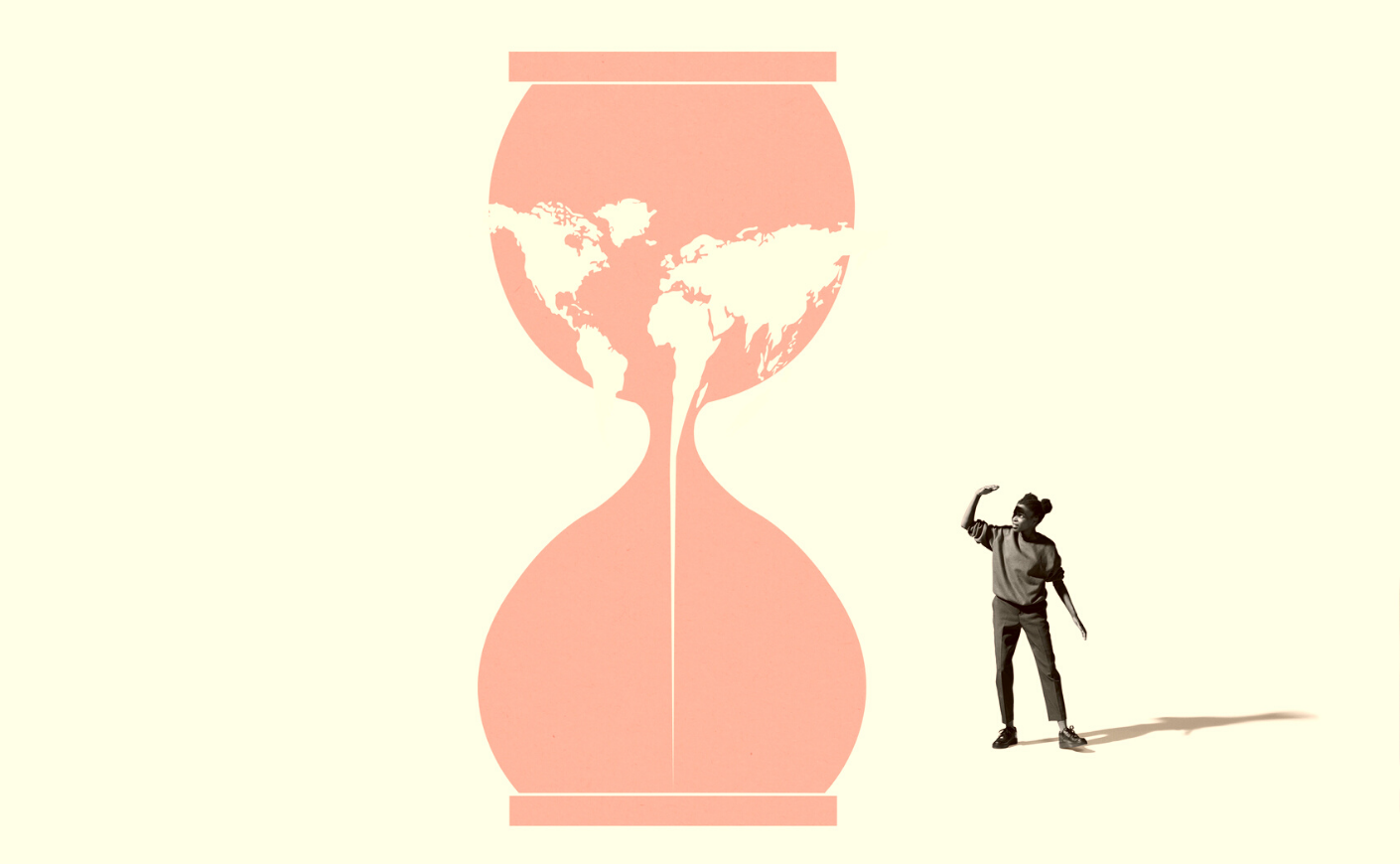Humanity has a “brief and rapidly closing window” to avoid a deadly future, according to a major new U.N. report detailing the threats of climate change. Here’s a look at the the 3,500-page document:
What is the IPCC report?
It was compiled by the Intergovernmental Panel on Climate Change, world-renowned researchers convened by the U.N. It provides the most comprehensive look yet at the damage climate change has wrought and what else could be in store if humanity fails to curb its carbon emissions. The document is part of a series of assessments: The first report was released last August and examined how humans have rapidly warmed the planet. A third exploring strategies to reduce emissions will be released this spring.
The damage is clear:
One of the “most striking conclusions” from the report is that the world is already “seeing adverse impacts that are much more widespread and much more negative than expected,” Camille Parmesan, an ecologist and an author of the study, told the New York Times.
In 2019 alone, climate change displaced 13 million people across Asia and Africa. And it’s killing crops on a large scale, putting millions more at risk of malnutrition. A study of 150 of the world’s biggest cities found that since since 1980, there has been a 500% increase in extreme heat in those spots.
It could get much worse:
In the near future, scientists expect sea levels to continue to rise, endangering coastal communities and causing the vast disappearance of coral reefs and a number of animal species.
Droughts could worsen so that even crops genetically modified to grow with little water may wither. By 2030, researchers project half a million more children will suffer malnutrition. By 2050, between 31 million and 143 million people could become displaced.
“I have seen many scientific reports in my time, but nothing like this,” U.N. Secretary General António Guterres said. He called the findings an “atlas of human suffering and a damning indictment of failed climate leadership.”
The suffering will be lopsided:
The report highlighted that the global poor will suffer the worst consequences of climate change. In Africa, which has contributed fewer than 3 percent of greenhouse gas emissions, people will experience a 118-fold increase in exposure to extreme heat, compared to a four-fold increase seen in Europe, which generates one third of emissions.
“That’s one of the clearest things the scientific evidence shows about the impacts of climate change — the injustice of it,” the head of the International Centre for Climate Change and Development in Bangladesh told the Washington Post. “It affects poor people more than rich people, but it’s caused by rich people’s emissions.”
Adaptation can dampen the impact:
Despite the grim findings, the researchers insist that humanity can still adapt to avoid the worst climate disasters. But they fault world leaders for thinking too small, implementing reactive strategies that are often too limited in scope. One example is the creation of seawalls, which are erected to protect coastal regions from flooding but can harm nearby coral reefs — and encourage the misperception that these areas are now "safe," thereby promoting more development.
Experts are calling for "transformational" change: an overhaul of the world’s energy systems, a redesign of cities, and a revolution in how we grow our food. But can our policymakers step into action quickly enough?









